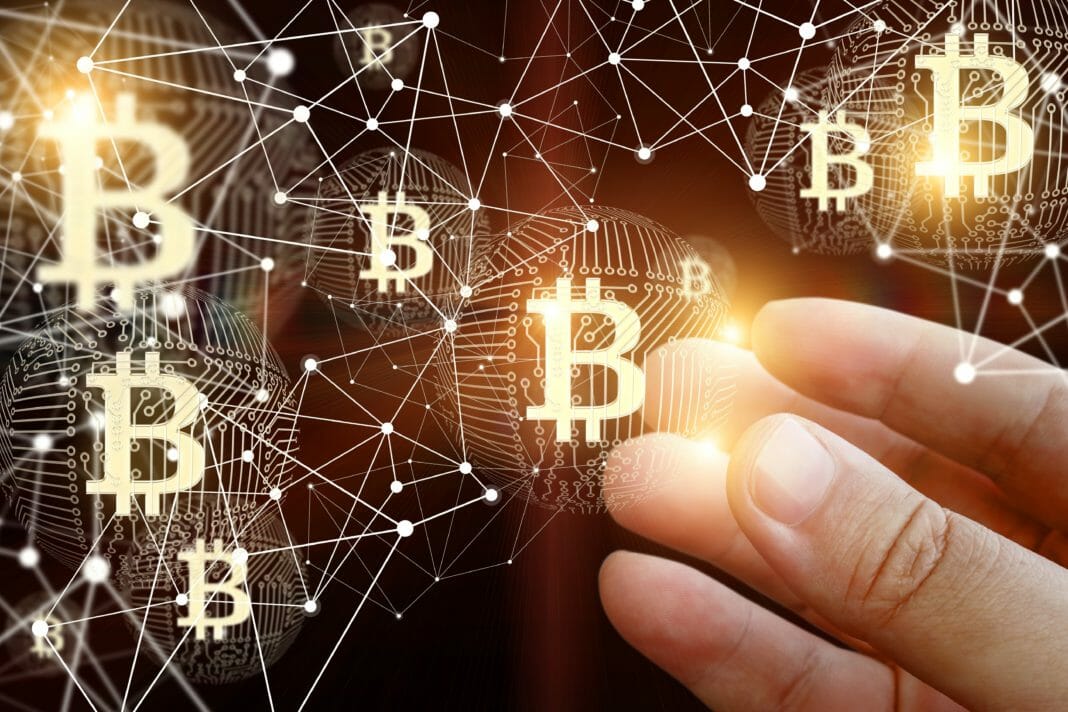JP Morgan predicts that Bitcoin could suffer from a lack of liquidity, which could hurt it as a means of payment. The investment banking firm believes that El Salvador’s economy could be in serious trouble.
The Assembly of El Salvador approved adopting Bitcoin (BTC) as a legal tender on June 9th. According to financial firm JP Morgan, this decision could pose challenges for both the country and the cryptocurrency.
A recent report from the aforementioned international bank describes the payments with BTC in El Salvador. The authors estimate that it could be 4% of the transactions on the Bitcoin network worldwide. That represents more than 1% of the total value of BTC transfers between wallets in the last year.
The investment firm believes that could cause a lack of liquidity on Bitcoin that would limit it as a medium of exchange.
JP Morgan explains that Bitcoin’s trading volumes commonly exceed USD 40 billion to USD 50 billion per day. However, they report that major exchanges absorb most of that capital.
Furthermore, the report says that so-called “liquid entities” keep a large part of Bitcoin locked up. It notes that more than 90% of the coins remained in the same hands for more than a year. A significant and growing fraction was in low-turnover portfolios, according to the publication.
Challenges for the Adoption of Bitcoin as Legal Tender
According to JP Morgan, the Bitcoin law would harm not only the cryptocurrency but also El Salvador.
The financial firm said that El Salvador must overcome several challenges to adopt Bitcoin as legal tender. For example, recent surveys suggest that there is skepticism in much of the population.
JP Morgan also highlights the great challenge that the high volatility of Bitcoin poses in El Salvador’s bi-monetary system.
There is a persistent imbalance in demand for Bitcoin and the US fiat currency, say experts at JP Morgan. There could be “cannibalization of US dollar liquidity” as well as fiscal and balance-of-payment risks.
Skepticism About the Adoption of Bitcoin in El Salvador
Although El Salvador received majority support to legalize Bitcoin, many people still express skepticism and criticism. The International Monetary Fund (IMF), the World Bank and the Inter-American Development Bank (IDB) joined JPMorgan to address the issue.
IDB President Mauricio Claver-Carone criticized the adoption of Bitcoin (BTC) in El Salvador as a legal tender. He stated the cryptocurrency would not allow boosting the economy and warned about volatility risks in its price.
The executive believes that Bitcoin is not the solution if El Salvador seeks to facilitate transactions and trade transparently and securely.
The World Bank refused to offer technical assistance to El Salvador to adopt Bitcoin. They argued that mining harms the environment and the pioneering cryptocurrency lacks transparency.
El Salvador Becomes the First Bitcoin Nation
Following a majority decision of the Assembly, El Salvador is the first country to adopt Bitcoin as legal tender.
President Nayib Bukele said that those who invest Bitcoin in the nation’s economy would receive nationality. Furthermore, the head of state announced plans to use geothermal energy in Bitcoin mining.
Bitcoin could help bring 70% of El Salvador’s unbanked people into the formal economy. Besides, the cost of sending remittances would be much lower due to the adoption of Bitcoin as a legal tender.
By Alexander Salazar











